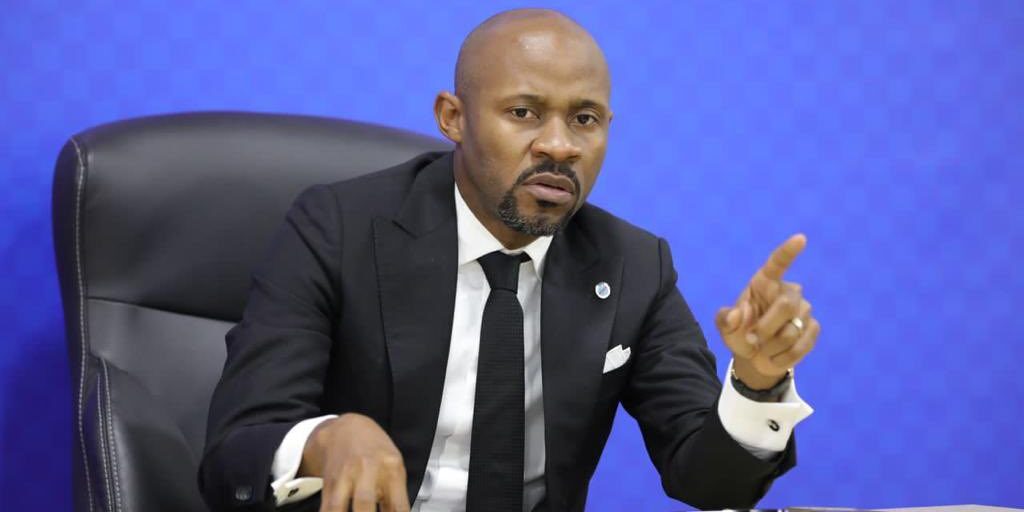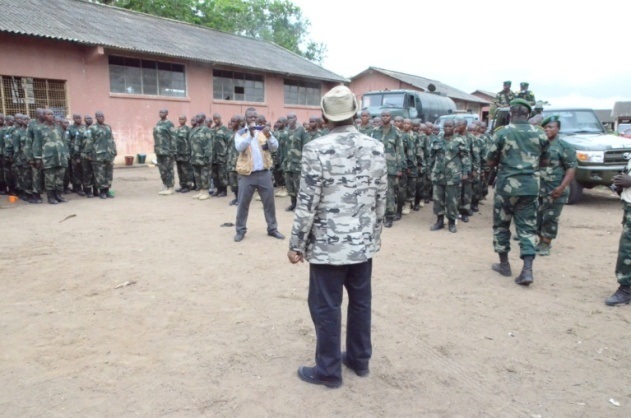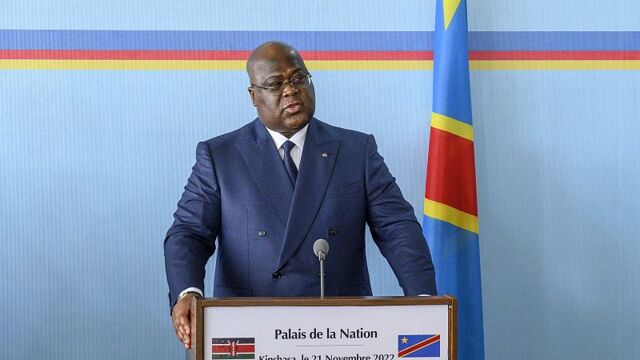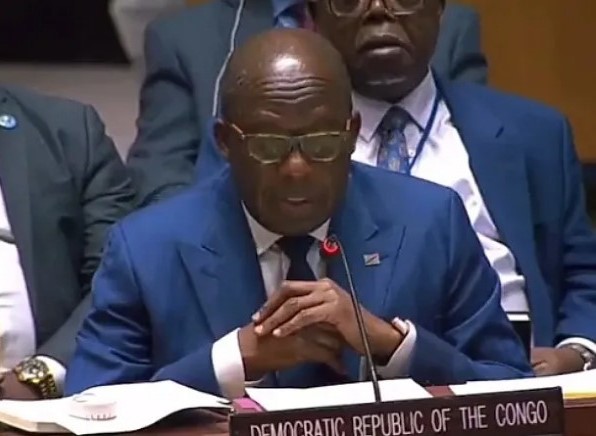Regional
DRC: Devastating floods in Kinshasa speak to poor governance
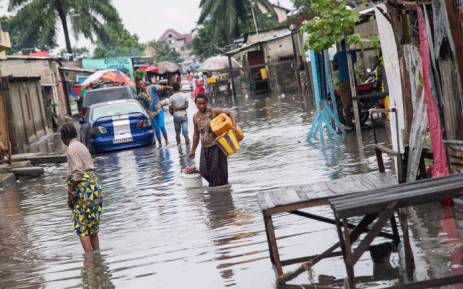
The
death toll in the Democratic Republic of Congo continues to rise following
recent heavy rain and extreme flooding that ravaged the country in recent days.
At least 169 people, according to reports, died as a result of destructive
rains in the capital Kinshasa, a city that suffers from inadequate drainage and
sewerage.
The
United Nations Office for the Coordination of Humanitarian Affairs (OCHA) said
the flooding left another 30 people injured and pulverised an estimated 280
homes across the capital of 15 million people, in which approximately 38,000
residents were affected.
At
the onset, entire neighbourhoods were flooded with muddy water, and houses and
roads ripped apart by sinkholes and landslides, including the N1 highway that
connects Kinshasa to the country’s main sea port of Matadi. The city’s
Mont-Ngafula and Ngaliema districts were the hardest hit by the downpours.
The
Government announced a three-day period of national mourning.
President
Félix Tshisekedi blamed the catastrophe on climate change, noting that while
polluting countries trigger harmful consequences, his State lacks the resources
to protect itself.
But,
Katanga, one DRC province the size of Spain, holds many of country’s reserves
of copper, cobalt and other valuable minerals. Katanga alone, the largest
contributor to the national coffers, has 34% of the world's cobalt reserves and
10% or the world's copper. It is also rich in zinc, lead, uranium, tin,
manganese, chromium, cadmium, silver, gold, germanium, and coal.
Decaying
infrastructure is a fact of life across the entire country, the legacy of
multiple wars and a chronic lack of investment.
Kinshasa,
the third largest city in Africa after Cairo and Lagos, has seen a huge
population influx in recent years and many dwellings are shanty houses built on
the flood-prone slopes of a city that suffers from inadequate drainage and
sewerage. Media reports on the flooding earlier this week showed muddy waters
overwhelming entire neighbourhoods.
The
deadly floods are not new. But it seems authorities never learn, or care. In
2019, at least 39 people died in Kinshasa when torrential rains swept through
the city, flooding entire districts, and causing the collapse of buildings and
roads.
It
gets worse every year. Poorly regulated rapid urbanization has made the city
increasingly vulnerable to flash floods after intense rains.
Emergency
services in the country are poorly equipped to deal with natural disasters,
especially with towns and cities typically built up in a haphazard fashion.
The
DRC is endowed with exceptional natural resources, including minerals such as
cobalt and copper, hydropower potential, significant arable land, immense
biodiversity, and the world’s second-largest rainforest. Most Congolese have
not benefited from this wealth due to a long history of conflict, political
upheaval and instability, and authoritarian rule.
Despite
its vast mineral wealth, the country is classed among the world’s poorest
countries and two thirds of its 70 million inhabitants get by on less than
$1.25 a day.
Climate
change should not be blamed for this. A governance deficit is the biggest
problem.



